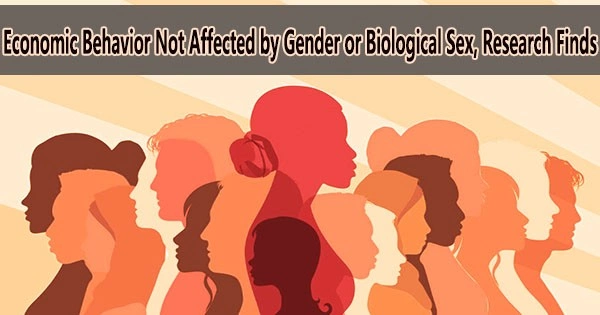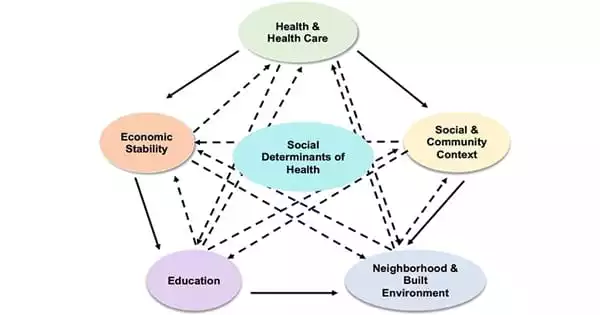According to a recent study, birth gender and sex are less important in economic decision-making than previously believed.
The first comparison of transgender and cisgender economic behavior, as well as the first to explore whether the sex assigned at birth has a significant role in economic decisions, are the results of a recent study that was published in Scientific Reports.
Helena Fornwagner and Brit Grosskopf from the University of Exeter Business School and Alexander Lauf, Vanessa Schöller, and Silvio Städter (University of Regensburg) have for the first time investigated the role of gender identity and biological sex in economic decision-making.
The researchers looked at whether being transgender or cisgender affected variables that could affect whether we compete with others when searching for jobs, making hazardous investments, or making charitable contributions.
In a 780-participant controlled experiment, about half of whom identified as transgender, the researchers hypothesized that if gender identity does influence levels of monetary competitiveness, risk-taking, or altruism, then people who share the same gender identity cis men and trans men, and cis women and trans women will make similar choices. Those with a different gender identity would make significantly different economic decisions.
Moreover, it was suggested that participants having the same biological sex (cismen and transwomen, and ciswomen and transmen) would behave comparably.
Transgender individuals have become a more and more visible part of society. Thus, we think it is crucial to understand their economic behaviour and essential to expand experimental economic research to all groups summarised under the LGBTQ+ flag to acknowledge the colourful society we are already part of also in our scientific research.
Helena Fornwagner
To find out how competitive the participants were with money, how willing they were to take risks, and how eager they were to donate to charities, the researchers employed a number of well-known economic experiments.
Prior to making any decisions, the participants engaged in a word search priming activity that asked them to look for terms with particular gender connotations in order to subtly assign them to a masculine, feminine, or gender-neutral identity.
Using their study design, the researchers first test for a correlation impact of gender and sex by comparing the behaviour of cis-gender men, cis women, trans men and trans women. Second, the priming intervention enabled to control for causal inferences about gender and behaviour.
However the researchers discovered that, contrary to earlier research that suggested a connection between gender and economic behavior, neither biological sex nor gender actually significantly influences our economic choices.
They cite the narrowing of any economic behavioral inequalities that were originally identified in studies almost two decades ago as one of the reasons for this surprise finding, along with increased awareness of gender equality in private and professional contexts.
Dr. Fornwagner said: “Gender has long been reported to be a driving factor in domains such as competitiveness, risk-taking and altruism, but our study is the first to ask how much can be associated with gender, and how much is based on the biological sex people are endowed with.”
“Despite the partly unexpected findings that led us to conclude that the role of gender and sex is not as decisive for economic behaviour as previously assumed, we believe there are several important take-aways from this study.”
“Transgender individuals have become a more and more visible part of society. Thus, we think it is crucial to understand their economic behaviour and essential to expand experimental economic research to all groups summarised under the LGBTQ+ flag to acknowledge the colourful society we are already part of also in our scientific research.”
















